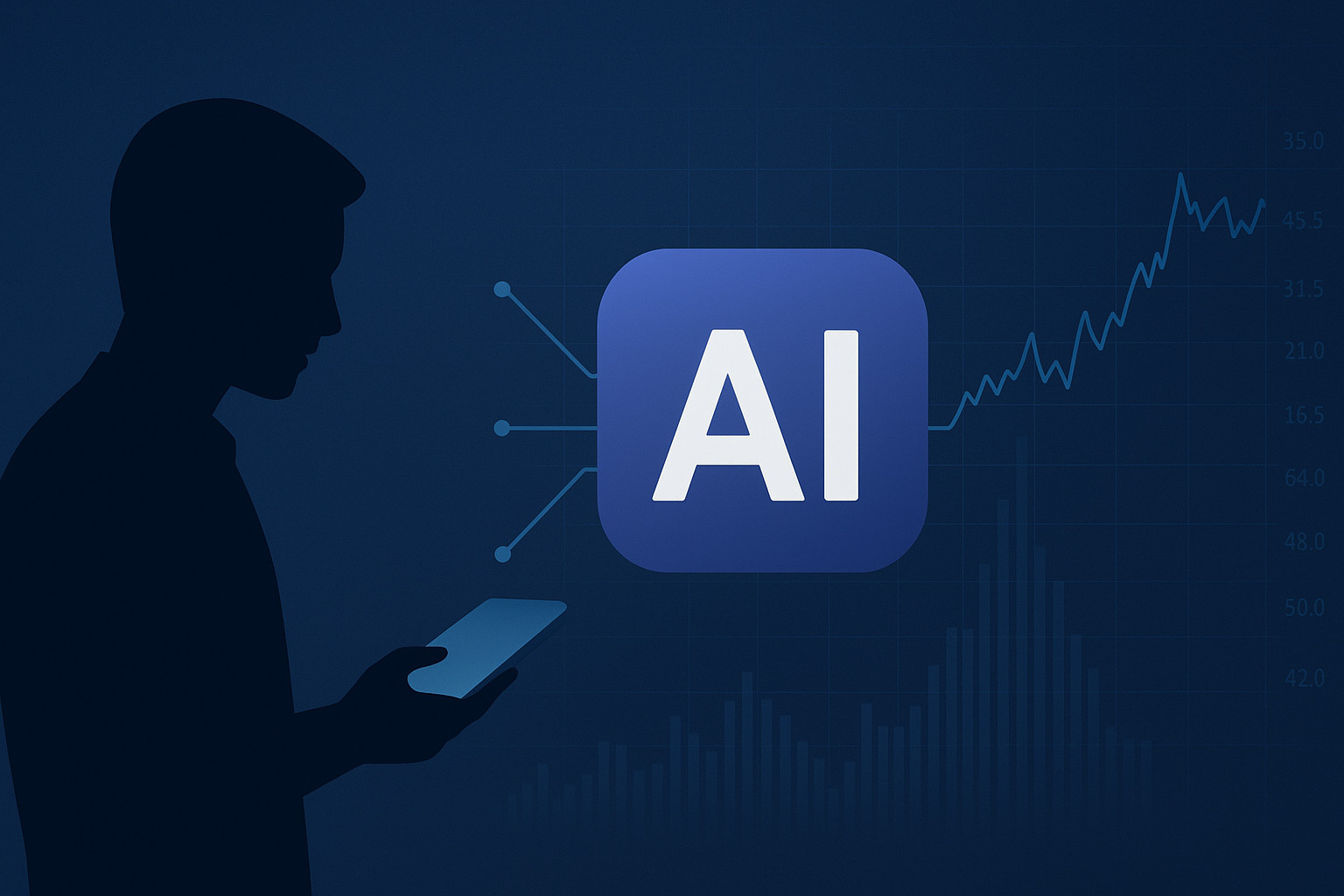In recent years, artificial intelligence (AI) has seamlessly woven itself into the fabric of technology, transforming the way we interact with devices and systems. Operating systems (OS) are no exception to this evolution. While there are no operating systems entirely developed by AI yet, several Linux distributions and other OSs are incorporating AI features to enhance functionality, personalization, and user experience. Let’s explore some of the most notable examples and how they’re reshaping the landscape of OS design.
Table of Contents
Deepin Linux: Elegance Meets AI
Deepin Linux is widely acclaimed for its polished and intuitive design. Taking user experience a step further, it integrates AI capabilities through the Deepin AI Assistant. This assistant can handle a variety of tasks, such as setting reminders, conducting web searches, and performing system operations using voice commands. By blending sleek visuals with AI-driven usability, Deepin has established itself as a forward-thinking OS.
MakuluLinux Max: Pioneering AI Integration
MakuluLinux Max is one of the first AI-enhanced Linux distributions, demonstrating how AI can enrich user interaction. Built on Debian, MakuluLinux Max incorporates AI tools to offer features like multiple desktop layouts, improved system performance, and extensive customization options. Its AI focus makes it a standout choice for users seeking an intelligent, adaptive computing experience.
Red Hat Enterprise Linux: AI for the Enterprise
Red Hat Enterprise Linux (RHEL) has always been a cornerstone for enterprise applications, and its latest advancements integrate AI capabilities seamlessly. Designed to support foundation models and large language models (LLMs), RHEL serves as a stable, secure platform for AI-driven enterprise applications. By enabling businesses to test and deploy AI solutions efficiently, RHEL underscores the synergy between Linux and AI in professional environments.
OpenDAN Personal AI OS: The Future of Personalized Computing
OpenDAN is an open-source personal AI operating system that takes AI integration to a whole new level. Its unique approach focuses on consolidating AI modules into a single platform tailored for individual users. From enhancing productivity to offering a personalized AI companion, OpenDAN represents a significant step toward creating highly individualized computing experiences.
Wind River Linux: AI at the Edge
Wind River Linux is a groundbreaking distribution designed specifically for AI and critical workloads. Built on a Debian foundation, this OS is tailored for enterprise and edge applications, enabling efficient deployment of AI-driven solutions. Wind River Linux is particularly valuable in industries where real-time decision-making and processing are essential, such as autonomous vehicles and IoT.
What Makes These AI-Enhanced OSs Unique?
The rise of AI-enhanced operating systems is marked by their ability to optimize functionality while providing adaptive, intelligent solutions. Common themes include:
- Voice-Assisted Operations: AI assistants like those in Deepin streamline everyday tasks.
- Customizability and Optimization: Systems like MakuluLinux Max leverage AI to adapt to user preferences.
- Enterprise-Grade AI: Red Hat and Wind River demonstrate how AI can be harnessed for large-scale, critical workloads.
- Personal AI Ecosystems: OpenDAN showcases the potential of AI-driven personalization for everyday users.
The Road Ahead
As AI continues to advance, the potential for fully AI-developed operating systems is becoming increasingly plausible. Current AI-enhanced OSs are paving the way by showcasing the transformative impact of artificial intelligence on computing. Whether through streamlined user interactions, optimized system performance, or tailored experiences, these innovations highlight the exciting possibilities at the intersection of AI and OS design.
In the coming years, we may see even more groundbreaking developments in this space, as AI shifts from an enhancement tool to a central pillar of OS architecture. For now, these pioneering systems offer a glimpse into the future of intelligent computing.
By integrating AI capabilities, operating systems like Deepin, MakuluLinux, and Wind River Linux are not just keeping up with the times—they’re shaping the future of technology. As users and developers explore these platforms, one thing becomes clear: the age of AI-enhanced operating systems has only just begun.
Top Free AI Tools in 2026
In the fast-evolving world of artificial intelligence, 2026 has brought a wave of innovative tools t…
How AI Can Help You with Online Trading in 2025
The Rise of AI in Online Trading The world of online trading has changed dramatically over the past …
What are the main differences between Grok and ChatGPT?
Here’s a concise breakdown of the main differences between me and ChatGPT, based on available …


